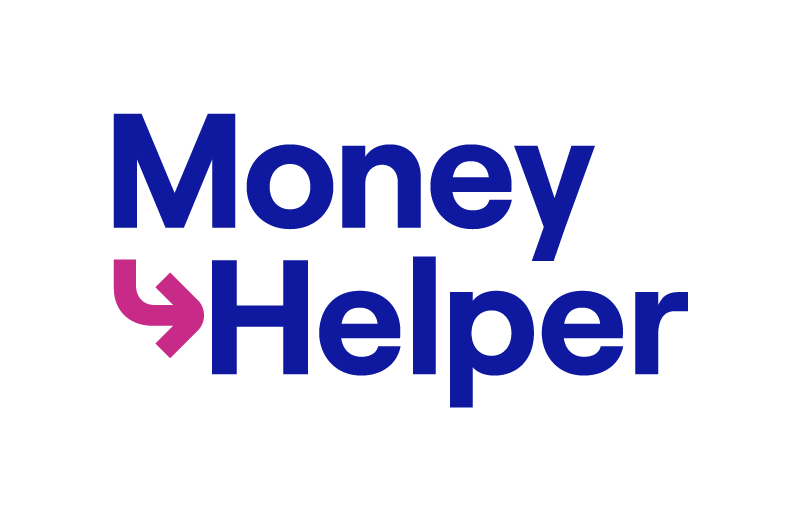All about IVAs
What is an IP (Insolvency Practitioner)?
Insolvency cases can only be handled by a licensed IP (Insolvency Practitioner). IPs are experienced, qualified professionals who will act as your IVA Nominee while setting up your IVA - and your IVA Supervisor once your IVA is up and running. Most IPs have a background as solicitors or accountants.
Fill in your details for a free call back
Insolvency Practitioners - what do they do?
IPs are qualified personal insolvency professionals who basically know insolvency inside-out: you can't become an IP unless you've passed the three JIEB (Joint Insolvency Examination Board) exams.
Your IP would oversee every stage of your IVA, all the way from start to finish. That doesn't mean they'll do every bit of the paperwork themselves, but they'll take responsibility for your case and do everything they can to help you make your IVA a success.
Freeman Jones is a licensed Insolvency Practice (a company). Its Insolvency Practitioners (individuals within the company) are all members of R3 (The Association of Business Recovery Professionals).
Your Insolvency Practitioner & your IVA Application
When you're applying for an IVA, your IP will help you: it's your IP's job to make sure your IVA Proposal really is a good reflection of your financial affairs.
They'll confirm that they've seen all the necessary paperwork, from your identification (to show you really are who you say you are) to your marriage certificate (you could have a debt in a previous name) and Land Registry certificates (to prove the value of any property you own).
They'll make sure that your IVA Proposal is fair to you and your lenders: that you really are paying in as much as you can afford, without setting yourself an unrealistic challenge.
Creditors Meeting
When the creditors meeting takes place, your IP will check to see whether enough lenders have voted in favour of the terms in your IVA Proposal.
If any lenders have requested 'modifications' to those terms, your IP will discuss them with you. You'll have to agree to them before your IVA Proposal can be considered accepted, bringing the meeting to a close.
Sometimes, when different lenders request changes to the terms, those requests can actually contradict each other! If this happens, it's your IP's job to moderate, trying to reach some kind of compromise that different lenders (and you) can agree to.
Once the creditors meeting is done, your IP will draw up the 'Chairman's Report'. This shows what happened at the meeting, all the modifications that were proposed, who voted, and who accepted. The Report will be sent to you and to all the lenders.
Do you want to know more about the creditors meeting?
IVA Specialists
Insolvency Practitioners aren't the only people who work at an Insolvency Practice like Freeman Jones.
There are also Relationship Managers, who help the IPs deliver a professional service. If you're on an IVA with us, your Relationship Manager is your first 'port of call' for any day-to-day issues that come up - if you have any concerns while your IVA is in progress, they're there for you.
If something happens that's a real threat to your IVA's success (say you're forced to take a pay cut), your IP might be needed - to draw up an IVA Variation, for example, if that looks like the best way to bring your IVA to a successful close.
Who else will know about my IVA?
Your finances are a very private matter: people with debt problems generally don't want anyone knowing about them. If you're wondering who will know about your IVA, rest assured that it's confidential.
All companies that handle people's personal information are legally required to respect it: the Data Protection Act means they have to protect all personal information, and they're not allowed to share it with anyone who doesn't need to know.
There are ways that someone else could find out that you're on an IVA, though - and they're completely beyond the control of any Insolvency Practice.
An IVA won't be advertised in any newspaper, as bankruptcy is, but it will appear in the Individual Insolvency Register (IIR). This Register is publicly available online, although it's not the kind of thing most people would even know about, let alone search through.
The other way someone might find out about your IVA is if they run a credit check. Companies can't do that unless you give them permission to: you might have to pass a credit check when you apply for a bank account, a loan or even (in some cases) a job. Note that while you're on an IVA, you'll need to focus on repaying your current debts, rather than applying for any more credit (unless there's a very good reason for it - and even then you'd need to talk to your IP first).

It's good to know:
- We negotiate with the UK's major lenders and retailers
- We pride ourselves on our approach to great customer service
- Each month 1000s of people are benefiting from our help

To find other sources of free advice visit Money Helper. It's here to listen and give free, impartial, trusted guidance. Based around you and backed by government.
Subject to eligibility and acceptance. Fees Payable. Debt write off applies to unsecured debts only and on completion of an IVA, alternative solutions may be offered. If your IVA fails, it could lead to Bankruptcy. Your ability to obtain credit will be affected for at least 6 years. Homeowners may be required to release the equity in their property.